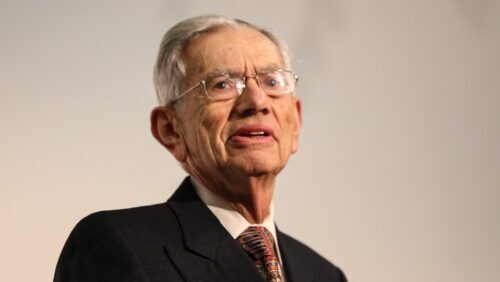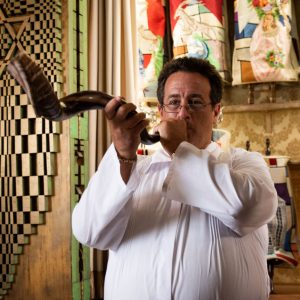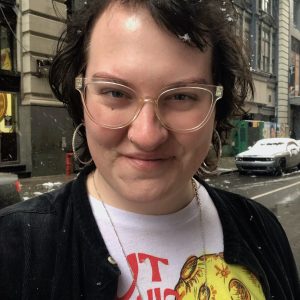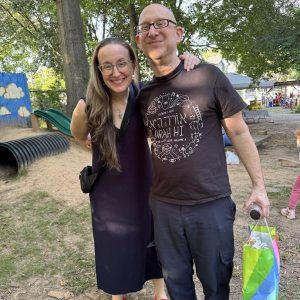Lech L'cha 5782
A Sufficient God
"When Abram was ninety-nine years old, the Lord appeared to Abram and said to him, 'I am El Shaddai. Walk in my ways and be blameless… I give to you and your descendants to come all the Land of Canaan as an everlasting holding. I will be their God'" (Genesis 17:1, 2, 8).
Whereas Elo-him is always translated as God and Ado-nai, as Lord, the origin or the meaning of Shaddai is obscure and commentators, through the ages, have wrestled with the term. Often, as in the above verse, Shaddai, remains untranslated as is the case with Onkelos, who translated the Bible into Aramaic.
Rashi quotes a Midrash that parses the word as sheh-dai (literally, "that which is sufficient"). (The English translation of dai is "enough," as in the Haggadah, where dayenu means, "it would have been enough for us.") God is thus pictured as saying, "I am the sufficient Source of all well-being in the world. I created the world and ultimately it is I who determine the blessings and the benefits that accrue to all creatures, human and non-human."
For Maimonides when God identifies Himself as El Shaddai, He is in effect saying, "I am sufficient to Myself. There is no other is at My side, and it is I who order the universe as I please."
In the book of Job, God is referred to as Shaddai thirty times as compared to but eleven times in the rest of Scripture. Job accepts that God alone orders the universe and therefore, indicts Him as being totally cavalier in dispensing good and evil. Job, of course, ultimately does come to terms with the reality that El Shaddai will always have the final say.
The Latin vulgate translates Shaddai as powerful, and, since El is but an abbreviation for Elohim, El Shaddai is translated as God Almighty, who has the whole world in His hands.
Our tradition interprets Shaddai as an acronym for Shomer Dlaatot Yisrael, the Guardian of the doors [to the homes] of Israel, and associating El Shaddai with the mezuzah. Shaddai is thus written on the reverse side of the parchment that contains the Shema and the Biblical verses that follow, and the mezuzah case is traditionally adorned with a shin, the first letter of Shaddai or with the word itself.
The affixed mezuzah is, in effect, a prayer that Shaddai, whom we embrace as the Guardian of our homes and communities, will spread His Tabernacle of peace over us and over all humanity.
—
From the holy city of Jerusalem, my best wishes for a Shabbat Shalom u'Mevorach, a Shabbat of peace and blessing.
Rabbi Arnold M. Goodman
Senior Rabbinic Scholar
































